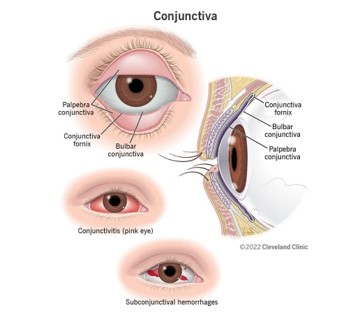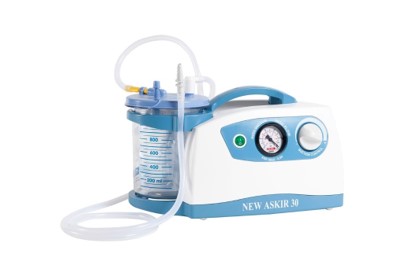A provider prescribes a sublingual medication for a client who has an NG tube in place. Which of the following actions should the nurse take?
Administer the crushed medication through the NG tube.
Dissolve the medication in water and give it through the NG tube.
Administer the medication under the client’s tongue.
Request a prescription for an oral formulation of the medication.
The Correct Answer is C
The correct answer is choice c. Administer the medication under the client’s tongue.
Choice A rationale:
Administering the crushed medication through the NG tube is inappropriate because sublingual medications are designed to be absorbed through the tissues under the tongue, not the gastrointestinal tract. Crushing and administering it through the NG tube would alter its intended absorption and effectiveness.
Choice B rationale:
Dissolving the medication in water and giving it through the NG tube is also incorrect for the same reasons as Choice A. Sublingual medications are specifically formulated to be absorbed through the mucous membranes under the tongue, and changing the route of administration can affect the drug’s efficacy.
Choice C rationale:
Administering the medication under the client’s tongue is the correct action. Sublingual medications are designed to be absorbed directly into the bloodstream through the tissues under the tongue, bypassing the digestive system and providing rapid onset of action.
Choice D rationale:
While some medications can be safely switched to oral formulations for NG tube administration, such a change is only necessary when the prescribed route (in this case, sublingual) cannot be used. Without contraindications (e.g., inability to hold the medication under the tongue or mucosal issues), the original sublingual route should be followed.
Nursing Test Bank
Naxlex Comprehensive Predictor Exams
Related Questions
Correct Answer is D
Explanation
A.Sterile technique should ideally be used when handling the distal portion of the eyedropper to prevent introducing pathogens into the eye, as the eye is a sensitive area susceptible to infection.
B.When cleaning the eye, it is recommended to wipe from the inner canthus to the outer canthus to avoid bringing contaminants from the outer area closer to the tear duct, which reduces the risk of infection.
C.Applying pressure to the bridge of the nose is ineffective for preventing systemic absorption of the medication. Instead, pressure should be applied to the inner canthus (the nasolacrimal duct area) for about 1-2 minutes after instillation.
D.The correct technique for administering eye drops involves placing the prescribed number of drops into the conjunctival sac, not directly onto the cornea, as this can cause irritation and discomfort. Administering drops into the conjunctival sac allows for better absorption of the medication.

Correct Answer is C
Explanation
A competitive neuromuscular blocking agent can cause respiratory depression and compromise the client’s ability to clear secretions. Therefore, it is important to have suction equipment readily available at the bedside to assist with airway clearance if needed.

Whether you are a student looking to ace your exams or a practicing nurse seeking to enhance your expertise , our nursing education contents will empower you with the confidence and competence to make a difference in the lives of patients and become a respected leader in the healthcare field.
Visit Naxlex, invest in your future and unlock endless possibilities with our unparalleled nursing education contents today
Report Wrong Answer on the Current Question
Do you disagree with the answer? If yes, what is your expected answer? Explain.
Kindly be descriptive with the issue you are facing.
